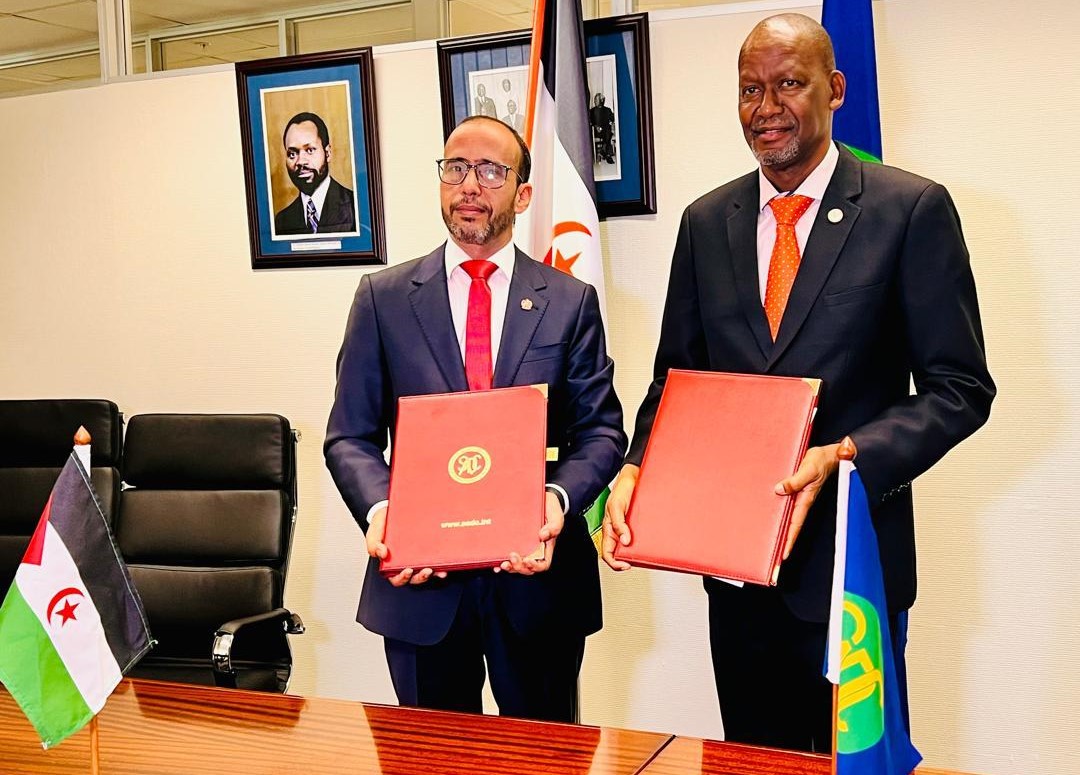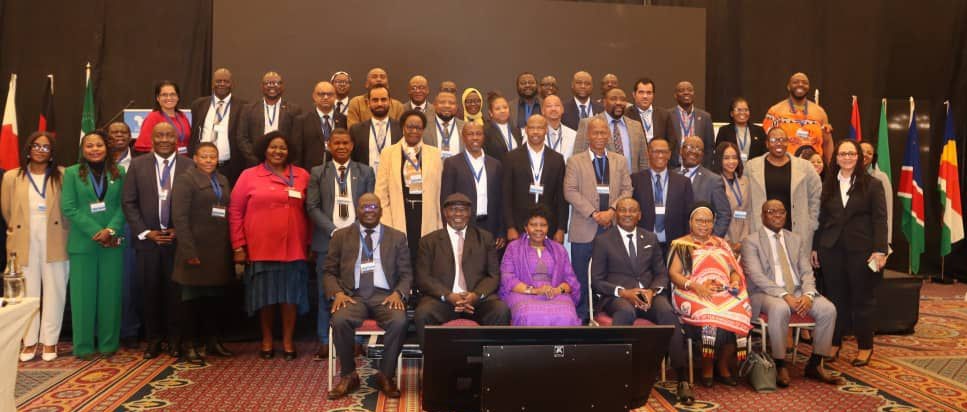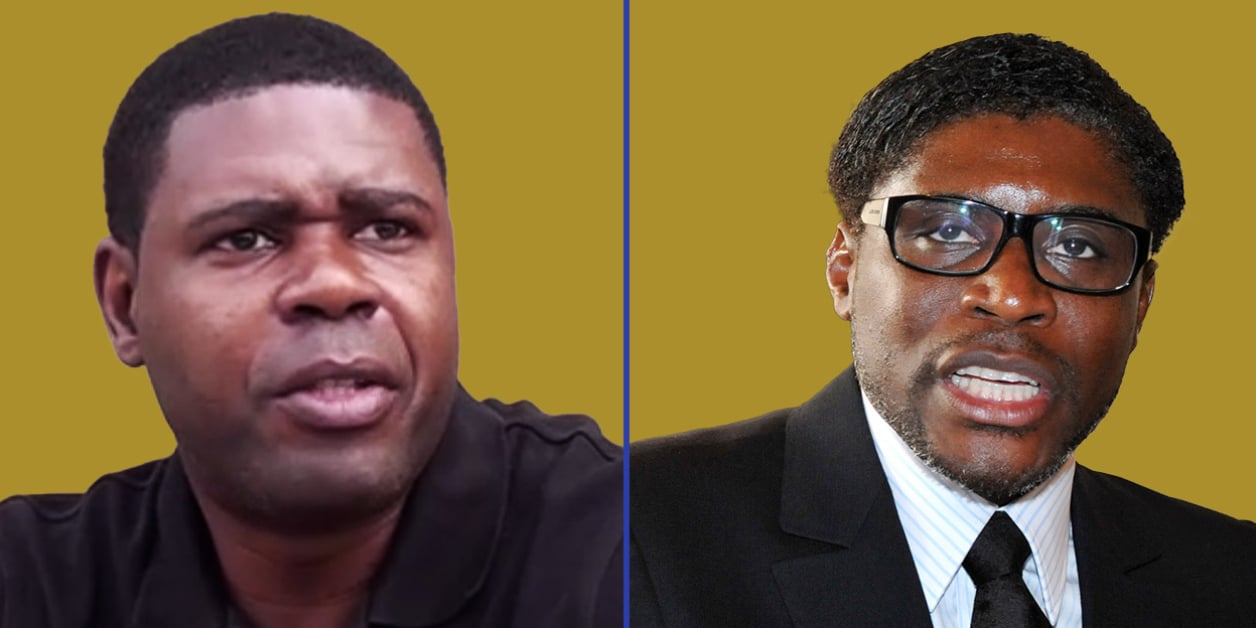
Russia-Foreign-Minister-Sergey-Lavrov
by Sergey Lavrov
The frank and generally constructive conversation that took place at the June 16, 2021 summit meeting between presidents Vladimir Putin and Joseph Biden in Geneva resulted in an agreement to launch a substantive dialogue on strategic stability, reaffirming the crucial premise that nuclear war is unacceptable.
However, in their immediate aftermath, US officials, including those who participated in the Geneva meeting, started asserting what seemed to be foregone tenets, perorating that they had “made it clear” to Moscow, “warned it, and stated their demands.”

European capitals immediately took heed of the Big Brother’s sentiment and picked up the tune with much gusto and relish. It seems that this was what the series of high-level Western events in the build-up to the Russia-US talks was all about.
These meetings were carefully prepared in a way that leaves no doubt that the West wanted to send a clear message: it stands united like never before and will do what it believes to be right in international affairs, while forcing others, primarily Russia and China, to follow its lead.
The Summits cemented the rules-based world order concept as a counterweight to the universal principles of international law with the UN Charter as its primary source.
The West deliberately shies away from spelling out the rules it purports to follow, just as it refrains from explaining why they are needed. After all, there are already thousands of universal international legal instruments setting out clear national commitments and transparent verification mechanisms.
The beauty of these Western “rules” lies precisely in the fact that they lack any specific content. When someone acts against the will of the West, it immediately responds with a groundless claim that “the rules have been broken” (without bothering to present any evidence) and declares its “right to hold the perpetrators accountable.”
Taken as a whole, the historical West dominated the world for five hundred years. However, there is no doubt that it now sees that this era is coming to a close, while clinging to the status it used to enjoy, and putting artificial brakes on the objective process consisting in the emergence of a polycentric world. This brought about an attempt to provide a conceptual underpinning to the new vision of multilateralism.
By imposing the concept of a rules-based order, the West seeks to shift the conversation on key issues to the platforms of its liking, where no dissident voices can be heard. This is how like-minded groups and various “appeals” emerge.
This is about coordinating prescriptions and then making everyone else follow them. At the same time, the EU develops dedicated horizontal sanctions regimes for each of its “like-minded groups,” of course, without looking back at the UN Charter.
Efforts to replace international law by Western “rules” include an immanently dangerous policy of revising the history and outcomes of the Second World War and the Nuremberg trials verdicts as the foundation of today’s world order.
The West refuses to support a Russia-sponsored UN resolution proclaiming that glorifying Nazism is unacceptable and rejects our proposals to discuss the demolition of monuments to those who liberated Europe.
They also want to condemn to oblivion momentous post-war developments, such as the 1960 UN Declaration on the Granting of Independence to Colonial Countries and Peoples, initiated by our country.
The former colonial powers seek to efface this memory by replacing it with hastily concocted rituals like taking a knee ahead of sports competitions, in order to divert attention from their historical responsibility for colonial-era crimes.
The rules-based order is the embodiment of double standards. The right to self-determination is recognised as an absolute “rule” whenever it can be used to an advantage.
This applies to the Malvinas Islands, or the Falklands, some 12,000 kilometres from Great Britain, to the remote former colonial territories Paris and London retain despite multiple UN resolutions and rulings by the International Court of Justice, as well as Kosovo, which obtained its “independence” in violation of a UN Security Council resolution.
However, if self-determination runs counter to the Western geopolitical interests, as it happened when the people of Crimea voted for reunification with Russia, this principle is cast aside, while condemning the free choice made by the people and punishing them with sanctions.
The insistence and even stubbornness demonstrated by the West in imposing its “rules” are striking. Of course, domestic politics is a factor, with the need to show voters how tough your foreign policy can get when dealing with “autocratic foes” during every electoral cycle, which happen every two years in the United States.
With its contemptuous attitude towards other members of the international community, the West finds itself on the wrong side of history. Serious, self-respecting countries will never tolerate attempts to talk to them through ultimatums and will discuss any issues only on an equal footing.
As for Russia, it is high time that everyone understands that we have drawn a definitive line under any attempts to play a one-way game with us. All the mantras we hear from the Western capitals on their readiness to put their relations with Moscow back on track, as long as it repents and changes its tack, are meaningless.
Still, many persist, as if by inertia, in presenting us with unilateral demands, which does little, if any, credit to how realistic they are.
The policy of having the Russian Federation develop on its own, independently and protecting national interests, while remaining open to reaching agreements with foreign partners on an equal basis, has long been at the core of all its position papers on foreign policy, national security and defense.
Efforts to bring more democracy to international relations and affirm a polycentric world order include reforming the UN Security Council by strengthening it with Asian, African and Latin American countries, and ending the anomaly with the excessive representation of the West in the UN’s main body.
Regardless of any ambitions and threats, our country remains committed to a sovereign and independent foreign policy, while also ready to offer a unifying agenda in international affairs with due account for the cultural and civilisational diversity in today’s world.
Confrontation is not our choice, no matter the rationale. We will persist in promoting the emergence of an international relations culture based on the supreme values of justice and enabling all countries, large and small, to develop in peace and freedom.
We will always remain open to honest dialogue with anyone who demonstrates a reciprocal readiness to find a balance of interests firmly rooted in international law. These are the rules we adhere to.
- Sergey Lavrov is Russian Minister of Foreign Affairs
The full text is available on: https://www.mid.ru/ru/foreign_policy/news/-/asset_publisher/cKNonkJE02Bw/content/id/4801890?p_p_id=101_INSTANCE_cKNonkJE02Bw&_101_INSTANCE_cKNonkJE02Bw_languageId=en_GB









